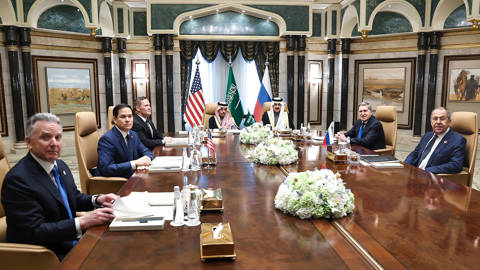M. Niaz Asadullah
M. Niaz Asadullah, Head of the Southeast Asia cluster of the Global Labor Organization, is a visiting professor of economics at the University of Reading and a professorial fellow at North South University in Bangladesh.
-
The Fall of Bangladesh’s Iron Lady

The Fall of Bangladesh’s Iron Lady
Aug 12, 2024 M. Niaz Asadullah explains the factors that led to Sheikh Hasina’s ouster, and considers whether democracy can be restored.
-
An Arab Spring for Bangladesh?
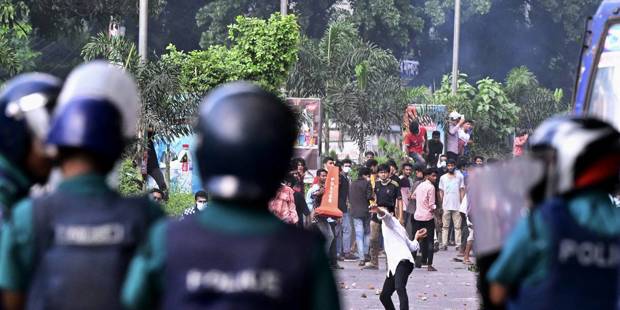
An Arab Spring for Bangladesh?
Jul 25, 2024 M. Niaz Asadullah argues that young protestors could help the country chart a democratic course and achieve sustainable growth.
-
Making the Asian Monetary Fund a Reality
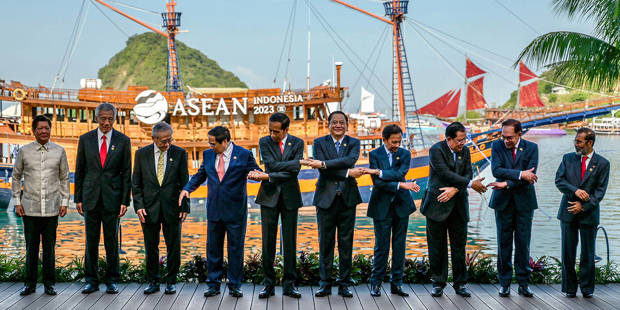
Making the Asian Monetary Fund a Reality
Jun 12, 2023 M. Niaz Asadullah & Syed Abul Basher explain why now may be the right time to establish a regional alternative to the IMF.
-
Malaysia’s New Dawn?
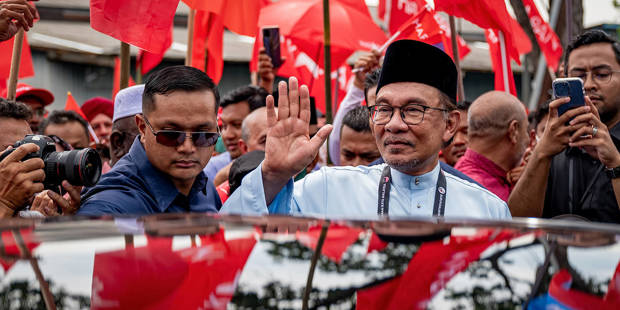
Malaysia’s New Dawn?
Jan 9, 2023 M. Niaz Asadullah & Andrew Kam Jia Yi provide an overview of the formidable challenges facing the country’s new government.
-
Asia’s Captive Market for Migrant Labor
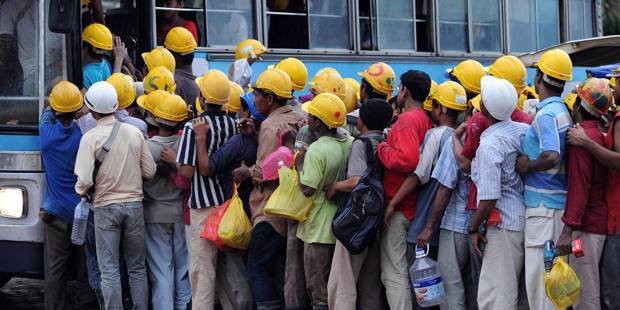
Asia’s Captive Market for Migrant Labor
Sep 27, 2022 M. Niaz Asadullah highlights how an entrenched alliance of politicians, bureaucrats, and business elites is exploiting workers.




